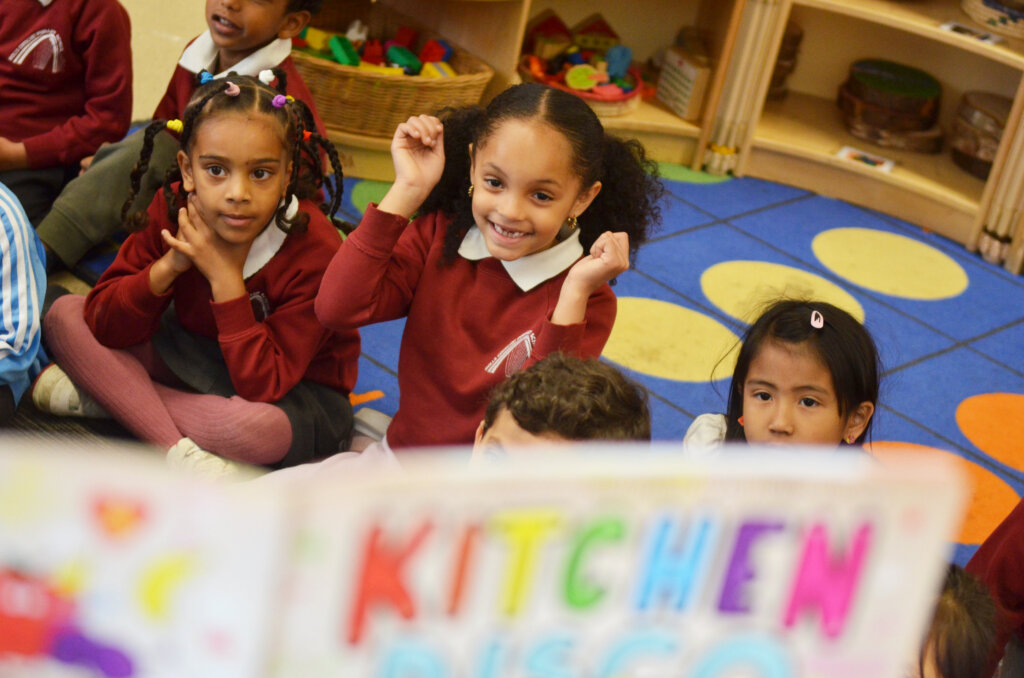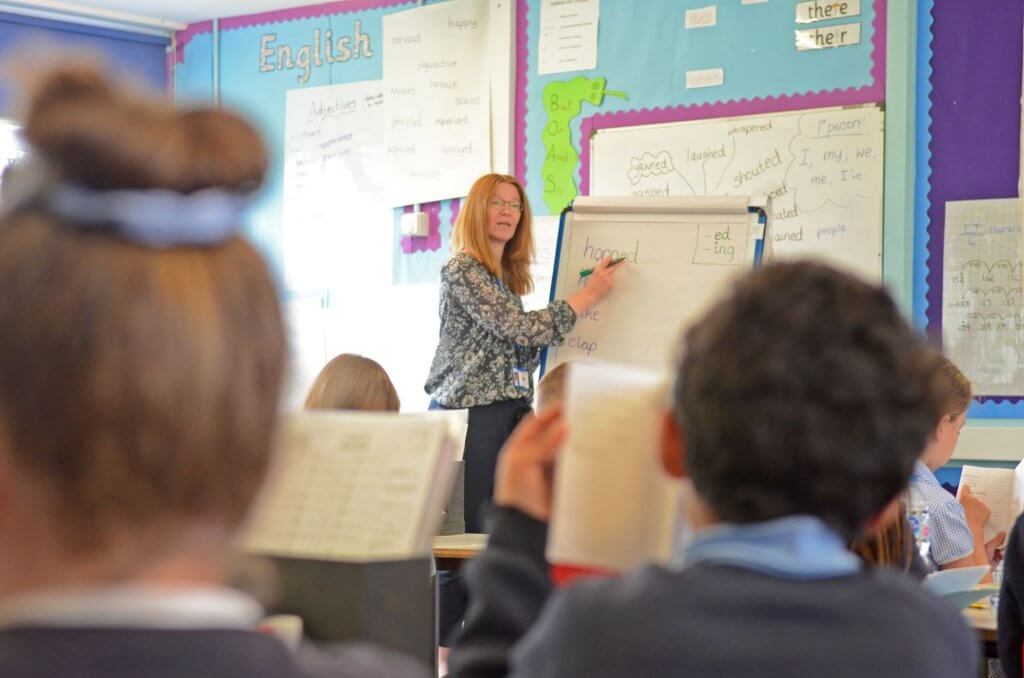During the Autumn Term, the DFE, EEF and Ofsted all updated their guidance regarding our most vulnerable pupils and how best to support this group.
While each organisation has a slightly different focus area (Ofsted: vulnerable pupils, EEF: updates to pupil premium strategies and DfE: overall guidance to Pupil Premium), there is a common thread throughout that it is vital to reflect on our curriculum offer and pedagogy to ensure we are meeting the needs of all who walk through our school doors.
At the start of the new school term, Ofsted‘s Chief Inspector, Sir Martyn Oliver told MP Commons Committee that focusing on vulnerable pupils and mapping a child’s experience across education and services were his “two clear priorities” on taking the job of chief inspector.
Likewise, Ofsted’s latest Strong Foundations training begins with a clear message:
“If we get it right for the most vulnerable pupils, we get it right for everyone.”
Sir Martyn Oliver, His Majesty’s Chief Inspector
Ofsted define vulnerable children as those who are in the lowest 20% of the cohort. As such we must ensure that we understand the barriers, misconceptions, and needs of these children to ensure they are able to catch up to their age-related expected standard. A key phrase used by Ofsted to describe this process is: “As fast as possible but as slow as necessary”.
To decode this phrase, Ofsted expect schools to accelerate the progress of these children as quickly as possible whilst making sure that they have all the foundational knowledge that is required to be fully secure at their age. In a nutshell – don’t rush it if it means a lower quality product by the end.
For schools, understanding what is meant by “foundational Knowledge” is crucial. Ofsted break down this knowledge into 5 key areas for schools to master:

Ofsted emphasise the importance of ‘getting it right’ in Early Years and KS1. If the 5 areas of foundational knowledge are effectively embedded at this phase, children are able to fully engage with the full curriculum on offer beyond Year 2. For schools, this means reflecting on the curriculum, teaching strategies and approaches used in these phases to ensure that all teaching is underpinned by these 5 key areas.
For more information on Ofsted’s ‘Strong Foundations in the First Years of School’ report, read our blog here.
The DfE ‘Using pupil premium: guidance for school leaders’ (February 2024) echoes this viewpoint by beginning with:
“High-quality teaching of English and maths are the cornerstones of a broad, academic and knowledge-rich curriculum”.
When combined with Ofsted’s focus on foundational knowledge, there is a clear message to establish the basics first for children in EYFS and KS1.
Throughout the ‘Strong Foundations’ report and the EEF guidance on Pupil Premium, both documents place significant emphasis on high-quality teaching. This is the first step in the tiered approach to Pupil Premium spending in the EEF guidance and a core message within the Ofsted training that subject and pedagogical knowledge is vital in supporting the most vulnerable groups in school.
The EEF suggest reviewing pupil premium spending to ensure that all teachers are supported with effective professional development and there is clear investment in recruitment and retention. Beyond that, they advise schools to focus on targeted academic support and the wider strategies (often non-academic) that need to be addressed in order to improve academic outcomes for these children.
What does this mean for schools moving forward?
Understanding the 5 areas of foundational knowledge is crucial.
From here it is worth considering the following:
- Are all staff aware of how to support the most vulnerable in regards to these areas?
- Have subject leaders (particularly maths and English leads) reviewed their long-term plans to ensure these foundations are secure?
- How well can the children demonstrate their executive function skills on a daily basis?
- Do staff understand the impact of transcriptional knowledge and skill when learning?
- How are the 5 areas of foundational knowledge taught and embedded?
- Is Pupil Premium funding being used to effectively reduce the gaps?
One Education’s School Development Team are available to offer support in school through reviews in the following areas:
- Vulnerable children
- Pupil Premium
- Early Reading, Writing and Maths
- Developing Communication and Language
- Quality of Education
We also offer training, support and coaching in these areas which can include development days with the leadership team, staff training or devising bespoke action plans related to the school’s needs.
For more information on how we can help support your school, please contact Liz Dwarampudi, Education Consultant at liz.dwarampudi@oneeducation.co.uk
Please complete the form below and we will get in contact as soon as we can to help you with your query.















